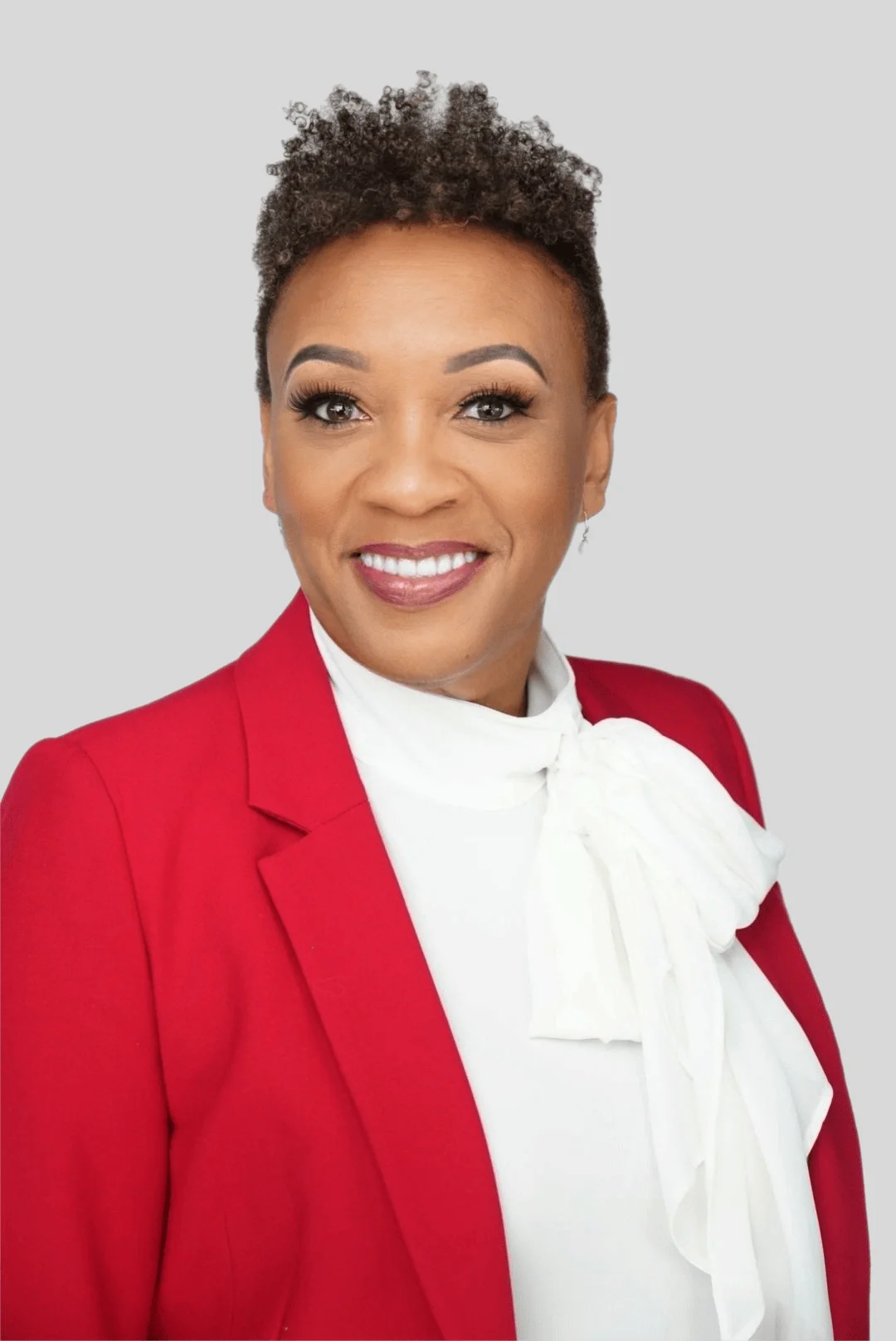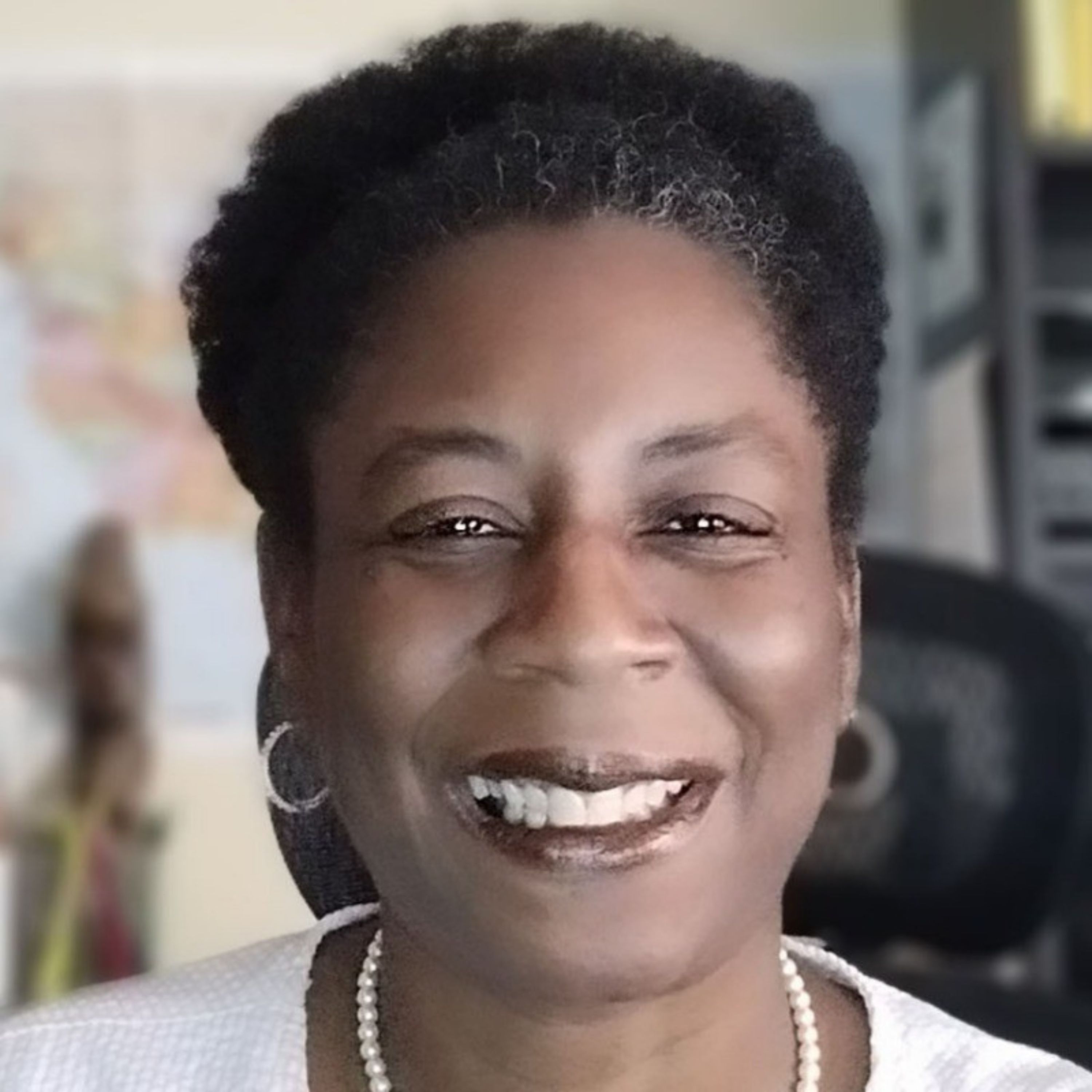
Tech Talent Spotlight Series: Aanchal Gupta
23 Jul, 202410Aanchal Gupta is Corporate VP at Microsoft responsible for building core features for M365 p...

Aanchal Gupta is Corporate VP at Microsoft responsible for building core features for M365 product.
Prior to her current role, as Deputy CISO and CVP, Aanchal led the Microsoft Security Response Center (MSRC), a diverse team of security experts working around the clock to protect one of the world’s largest corporate networks and providing the first line of defense for billions of customers against an evolving security landscape. Previously, as Chief Information Security Officer for Novi (Calibra) at Facebook, she led a team responsible for assessing and mitigating security risks across Facebook's cryptocurrency initiative. Aanchal joined Facebook in 2016 after serving as Chief Information Security Officer at Microsoft for Skype and Skype for Business. Before Microsoft, Aanchal led Yahoo's Global Identity team, contributing to various authentication and authorization open standards such as OpenID and OAuth.
Aanchal was named one of Business Insider’s “Most powerful female engineers of 2018”. She serves on the board of Internet Security Research Group (ISRG) and is a fellow at the RSA (Royal Society for the Encouragement of Arts, Manufactures and Commerce). She also serves on the Silicon Valley CISO Investments’ (SVCI) board and invests in and guides cybersecurity startups. Aanchal is also a staunch advocate for building diverse teams and serves on the review board for the Grace Hopper, Enigma, and Black Hat conferences.
Can you share the journey that led you to your current career path and brought you to where you are today?
My journey to where I am today has been a blend of passion, curiosity, and the drive to make a difference in the world of technology and security. Growing up in India, my dad, an electrical engineer, was my role model. I admired how he tinkered with things and enjoyed spending time in figuring out how machines functioned, and I wanted to be like him. With my parents and grandparents' support and encouragement, I dreamt of pursuing engineering from a very early age.
I started my career as a software developer and quickly transitioned into leadership roles. As the GM of Yahoo’s Global Identity team, I contributed to key authentication and authorization open standards such as OpenID and OAuth. My path then led me to Microsoft, where I served as the Chief Information Security Officer (CISO) for Skype and Skype for Business, before moving to Facebook as CISO for their cryptocurrency initiative, Novi (Calibra).
Upon returning to Microsoft, I led the Microsoft Security Response Center (MSRC), the front-line defense for millions of customers globally. Currently, as a Corporate Vice President for Office Products, I am responsible for building core features for the M365 product. My career path has been anything but linear, and I feel fortunate to have had the chance to lead teams at both large technology companies and small startups. I’ve taken on diverse roles, including cybersecurity leader and business unit leader.
Having been at Microsoft in various roles since 2020 and having worked at industry giants such as META, what has been your proudest accomplishment and most significant career achievement to date?
From leading security for a cryptocurrency initiative and protecting one of the largest corporate networks and providing the first line of defence for billions of customers to building the world’s most loved enterprise products – I’ve loved the breadth of the work and contributions I’ve been a part of at Yahoo, Skype, Facebook, and Microsoft. My proudest accomplishment has been the teams I have built and how we have solved some of the hardest problems together. I am also very proud of not just WHAT we have solved, but also HOW we have solved these problems - through partnership and collaboration, both within the company and with industry partners. While we all are on a quest to solve hard problems, do remember to make the journey count and build strong relationships along the way.
Additionally, I am proud of giving back to the community by serving on the board of Silvergate Capital Corp and the Internet Security Research Group and being a fellow at the Royal Society for the encouragement of Arts, Manufactures, and Commerce (RSA). I was also humbled and honored to be recognized as one of Business Insider’s ‘Most Powerful Female Engineers of 2018’.
Throughout your extensive career in technology, have you observed improvements in diversity and inclusion?
Absolutely, I’m happy to say I’ve seen improvements in diversity and inclusion, but there is still more to be done. Awareness of a gap is always the first step in any improvement journey. As a woman in technology, I was inspired by those who came before me and by the many mentors and coaches I’ve had along the way. This is why I think it’s so important to continue that legacy and give back to the community by being actively involved in promoting diversity and inclusion within the technology industry.
For example, there are Employee Resource Groups (ERGs) at Microsoft, which are employee-led spaces for people to connect through their experiences and identities. These ERGs are key enablers in helping employees feel connected and that they can bring their authentic selves to work and be accepted. I’m proud to be the executive sponsor for the Bay Area Asians ERG, which has been instrumental in creating engagement and connections for the community.
The work carried out by the Asian ERG plays a crucial role in building community and elevating thriving scores within our organization. Celebrations like Diwali, Lunar New Year, Holi, Learning Days, and Talent Shows not only brings employees together but also enhances their sense of belonging and recognition, contributing to a more inclusive workplace environment. This aligns with the broader goals of employee resource groups which aim to support diversity, equity, and inclusion strategies, improve employee retention, and create a more engaged workforce.
How do you perceive the efforts of major tech organizations to enhance their diversity initiatives and foster an inclusive work culture?
I’m excited and heartened to see major tech companies focus their efforts to promote and increase diversity, equality, and inclusion. There is a realization that by creating a more accessible workplace, everyone benefits. Not only do employees feel respected, valued, and included, but the organization also benefits from the diverse perspectives that drive innovation and ultimately create better outcomes. Research shows that diverse teams perform better, and if you are a customer-first organization, your teams must represent the diversity of the customer base you are serving.
One of the ways I do this is by creating an inclusive work environment. As someone said, diversity is like inviting someone to the party while inclusion is asking them to join you on the dance floor. We need to continue to improve and focus on both - hiring and retaining diverse talent. Data shows that a disproportionate number of women leave the workforce to care for the family and to bring this talent back, Microsoft offers a program for new parents called the Returnity Program. This initiative is designed to support and empower new parents who have recently returned to work after parental leave. It connects them with experienced parent mentors, a community of new parents, career growth support, and information about Microsoft benefits and policies.
I wish the Returnity Program had been available when I had my son. Looking back, I realize I was doing an excellent job, but my inner critic kept insisting that I needed to do more. A program like this would have been invaluable.
Returnity is not just about work flexibility; it also pairs you with parents who have gone through the same journey. They can share their experiences with you, which is an invaluable part of the program. Hearing from someone who is currently going through the same phase with their baby provides reassurance and grounding, helping to alleviate the self-criticism many new parents experience.
I believe that in every moment when you can be an ally and have the chance to create a safe place for employees you need to take this opportunity. The small, simple things can go a long way. For instance, noticing when someone is being talked over in meetings and ensuring they have a chance to speak can make a significant difference. These small actions, like offering someone the opportunity to share their thoughts, contribute greatly to fostering an inclusive atmosphere. It's about implementing these everyday moments of allyship to make everyone feel valued and heard, without needing any special resources.
As a leader, what significant changes would you like to see in the tech industry to better support and empower women?
I would like to see the tech industry continue to remove barriers by engaging with women and underrepresented groups early on. Reaching young people very early on, starting with middle school, through capture-the-flag style exercises, coding programs, and cybersecurity information provides students exposure at an early age and allows them to imagine what a career in cybersecurity might look like. Tech industries should consider partnering with their local school districts to provide this exposure and could host seminars for college counsellors so that students get early exposure to career paths in cybersecurity.
Another critical action technology companies can take is to help women and underrepresented groups understand that they don’t need a cybersecurity or computer science degree to enter the field. Qualified candidates exist outside of those majors. Curiosity, problem-solving abilities, and critical thinking are all important qualifications that can be overlooked but are critical skills for careers in technology. This will not just address the diversity gap but will also address the talent gap in cybersecurity that continues to broaden year over year.
I served on the review board for the Grace Hopper conference for five years and I’m a staunch believer in mentoring and sponsoring diverse individuals to help them navigate and succeed in their technology careers.
What are your views on the gender pay gap within the tech sector, and have you encountered any personal challenges in advancing your career due to this issue?
The gender pay gap in the tech sector is a complex issue that reflects broader societal inequalities. Studies have shown that women often earn less than men for the same roles and may face barriers to advancement. It’s important for the industry to continue working towards equal pay and opportunities for all genders. Efforts such as transparent salary ranges, D&I transparency reports, unbiased hiring practices, and support for career development can help address this disparity.
Looking ahead, what do you envision for the upcoming generation of women in technology, and why is diversity crucial for the industry’s future?
The upcoming generation of women in technology is poised to experience a transformative era marked by increased autonomy, representation, and leadership opportunities. The vision for these women includes a workplace where their skills, engagement, and trust are valued, and where they can achieve a true work-life blend. This generation will benefit from environments that prioritize empathy and support from managers, and policies that recognize the importance of family and well-being.
Diversity is crucial for the industry’s future for several reasons:
- Innovation: Diverse teams bring a variety of perspectives that can lead to more creative solutions and innovations.
- Performance: Companies with diverse workforces often outperform their competitors and have better financial returns.
- Representation: As technology becomes increasingly integral to everyday life, it’s important that the creators of technology represent the diverse population that uses it.
- Talent Pool: Embracing diversity expands the talent pool, allowing the industry to benefit from the full spectrum of available talent.
- Equality: Promoting diversity is also a matter of equality and social justice, ensuring that everyone has the opportunity to succeed in the tech industry.
- Equality: Promoting diversity is also a matter of equality and social justice, ensuring that everyone has the opportunity to succeed in the tech industry.
We’ve been talking a lot about gender inequalities, but women aren’t the only underrepresented group in tech. What can be done to make tech more diverse across race, class, ethnicity, disability, sexual orientation, or even age?
To make tech more diverse across various underrepresented groups, it is essential to create opportunities for open dialogue, provide platforms for diverse voices to be heard, create phycological safety, promote allyship, and implement strategic initiatives that prioritize diversity and inclusion.
As we invest and build new technologies like Generative AI (GAI), we need to ensure that we are focused on building it responsibly with inclusion and transparency in mind. Microsoft has committed to the following Responsible AI (RAI) principles - transparency, accountability, fairness, inclusiveness, reliability and safety, and privacy and security. We need to think about inclusion and fairness from the beginning and not as an afterthought.
We also need to continue to provide sponsorship and mentorship to diverse groups. I wouldn’t have pivoted from a GM role to a CISO role earlier in my career if it wasn’t for the trust and encouragement I had from my mentors and coaches.
What top tips would you give to an individual thinking of beginning a technology career?
- Embrace Continuous Learning: The tech industry is constantly evolving, so it’s crucial to stay curious and continuously learn new skills and technologies. Utilize resources like online courses and podcasts to hone your skills.
- Cultivate a Security Mindset: Given the importance of security in technology, developing a strong understanding of security principles can be a significant asset.
- Align with Mission and Strategy: Understand the mission and strategy of the organization you are joining. This alignment will help you contribute effectively to the team’s objectives and the company’s overall goals.
A huge thank you to Aanchal for dedicating your time to this interview, your insights and experiences are remarkable and we are grateful you allowed us to give you this platform. If you would like to find out more information about Aanchal then head to her LinkedIn profile here.
If you, like Aanchal, have an inspiring story to tell within Technology or IT Infrastructure then please get in contact today for us to share your story.






